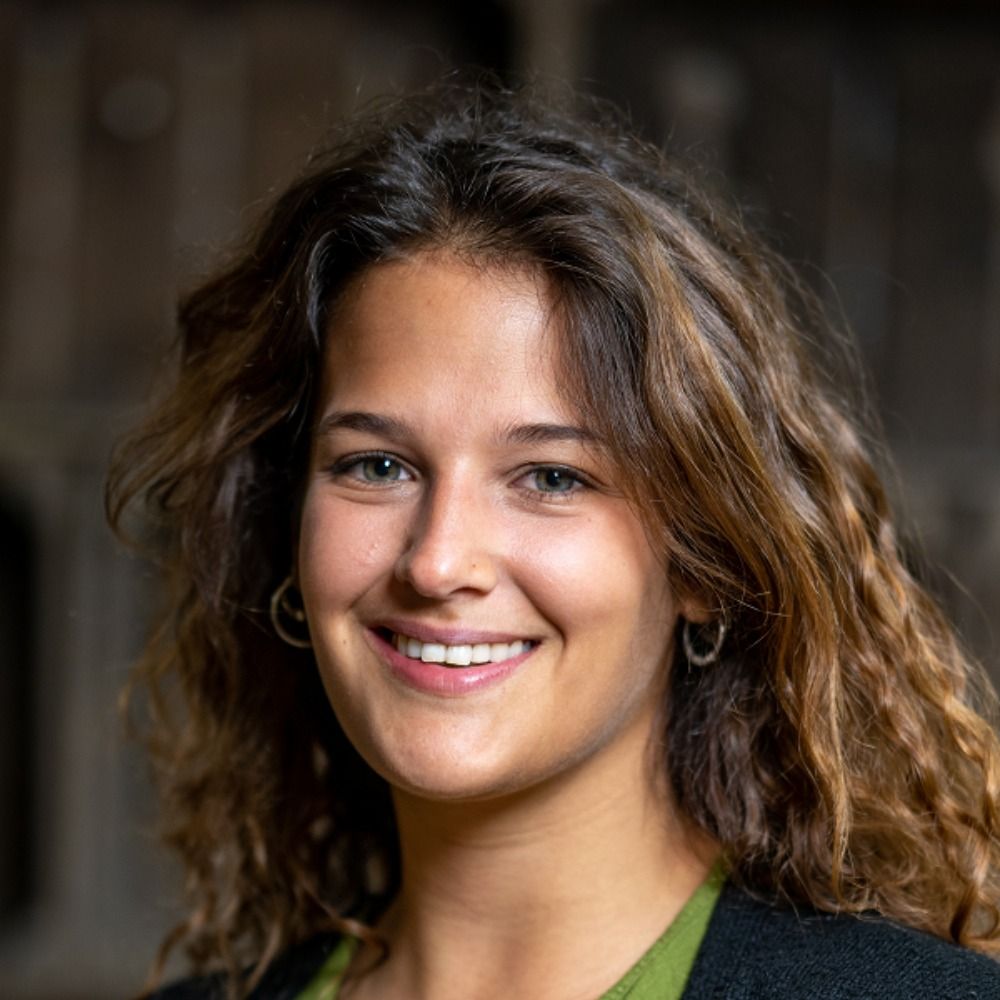Human+ Team Members
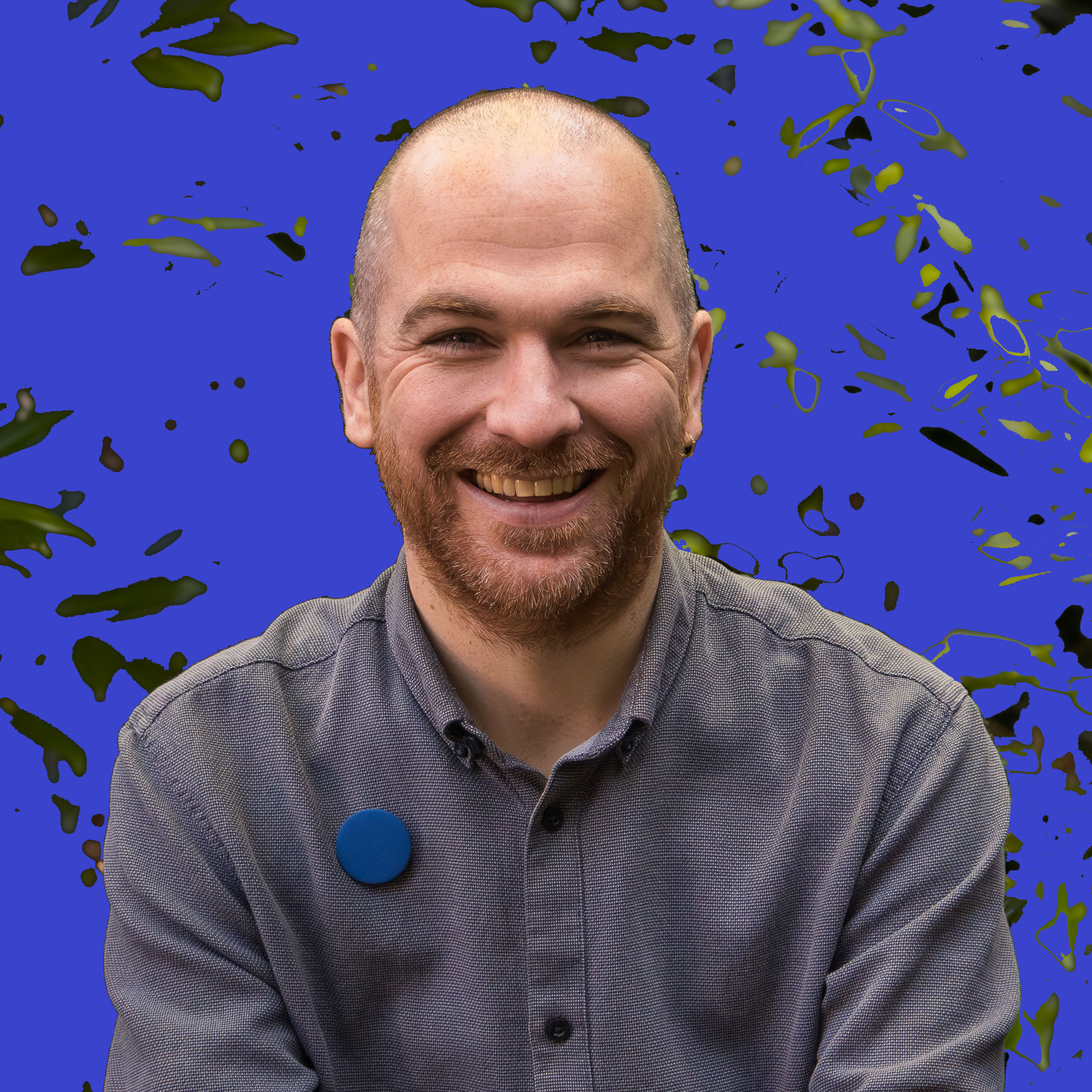
dr. Ruud Hortensius
Principal Investigator
Before starting his academic career, Ruud spent his childhood in and around the woods and floodplains of Elst. He was an underachiever in secondary school and was retained one year, but eventually managed to receive his high school diploma. After a BSc in in Social Work, he completed a BSc in Psychology (cum laude) and an MSc in Cognitive Neuroscience at Utrecht University (NL). In 2016, he obtained his PhD cum laude from Tilburg University (NL). Before joining Utrecht University as an assistant professor, he travelled around the (academic) world as a postdoc at the University of Cape Town (South Africa), Bangor University (Wales), and the University of Glasgow (Scotland). His research and teaching focusses on social cognition in the age of the algorithm. Using a social neuroscience perspective he tries to answer the question how real interactions with people, robots, and AI, affect everyday social cognition? In his spare time, he is an avid reader, overenthusiastic hockey player, an still emerging boulderer, and a Smiths enthusiast.
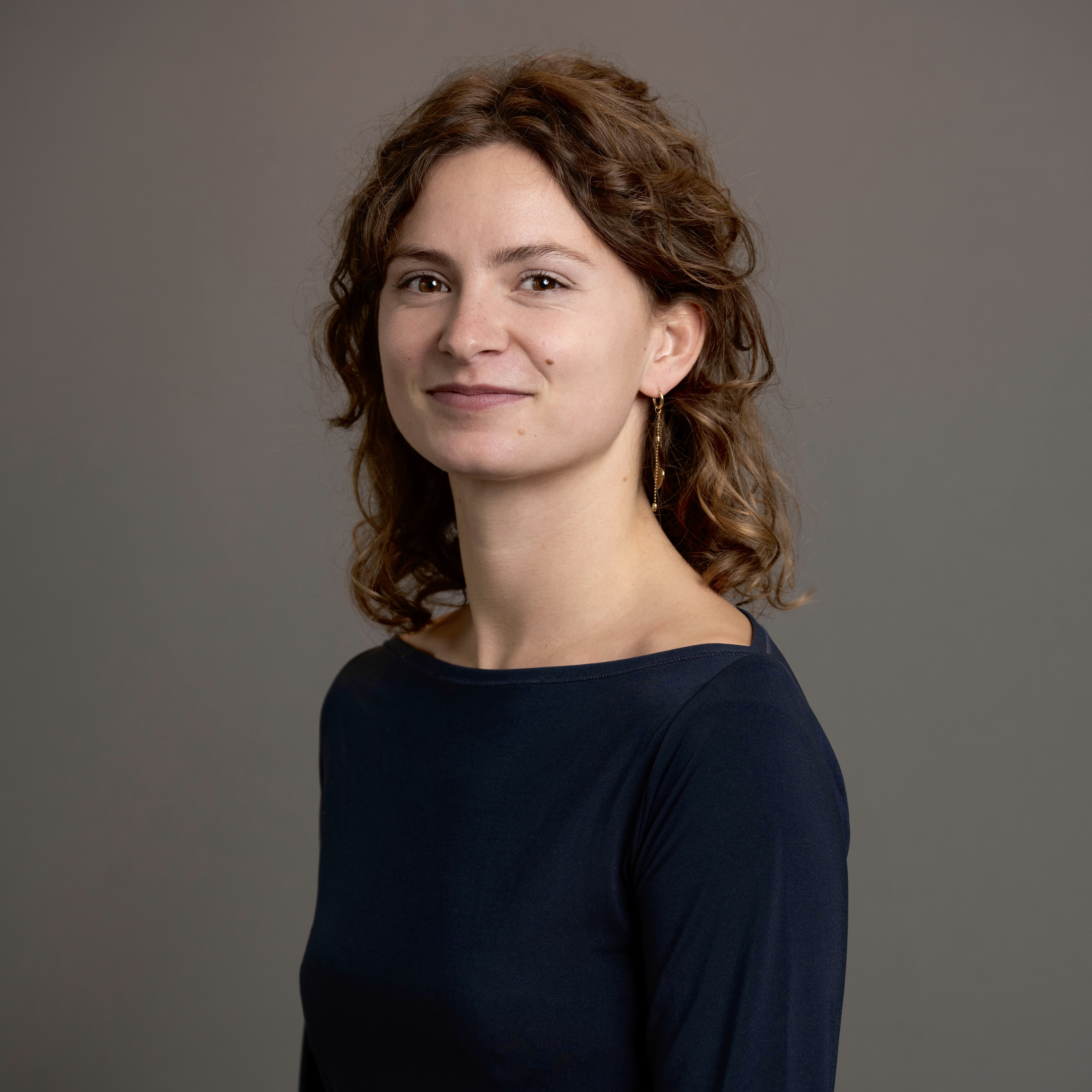
Ann Hogenhuis
PhD-candidate
Ann obtained her bachelor’s degree at Utrecht University in Liberal Arts and Sciences, where she developed a special interest in interdisciplinary sciences with a major in social cognitive neuroscience. After graduating, she continued with the research master in Cognitive Neuroscience at the Donders Institute (Radboud University), focusing on the neural mechanisms of human-robot interaction in both her BSc and MSc theses. During her MSc internship she visited the University of Glasgow for half a year to conduct functional connectivity analyses. Her ambition for understanding social interactions within our brain continued to grow, and her current Ph.D. project investigates the developmental aspects of group dynamics and the role AI may play in shaping these interactions. In her free time, Ann enjoys photography, sewing, wandering through playlists for new music, but mostly spending time with coffee and friends.
Fabiola is currently a Ph.D. candidate at Comparative Psychology and Affective Neuroscience Lab (CoPAN), at Leiden University. She works under the supervision of Mariska Kret and Ruud. Fabiola is broadly fascinated by how the socio-affective behavior has evolved and will continue to evolve throughout history, from bacteria’s communication to contemporary artificial species. In her Ph.D. project, she is focusing on human-human physiological and behavioral synchrony and by what means these phenomena shape trust and cooperation in interactions. Together with Ruud, she is also working on honesty and trust in human-robot interaction and on investigating the robot’s physical features that elicit more prosocial behavior. In her spare time, Fabiola likes to practice yoga, listen to progressive rock and give love to her plants. You can find her soaked in a book or one of her thousand interests.
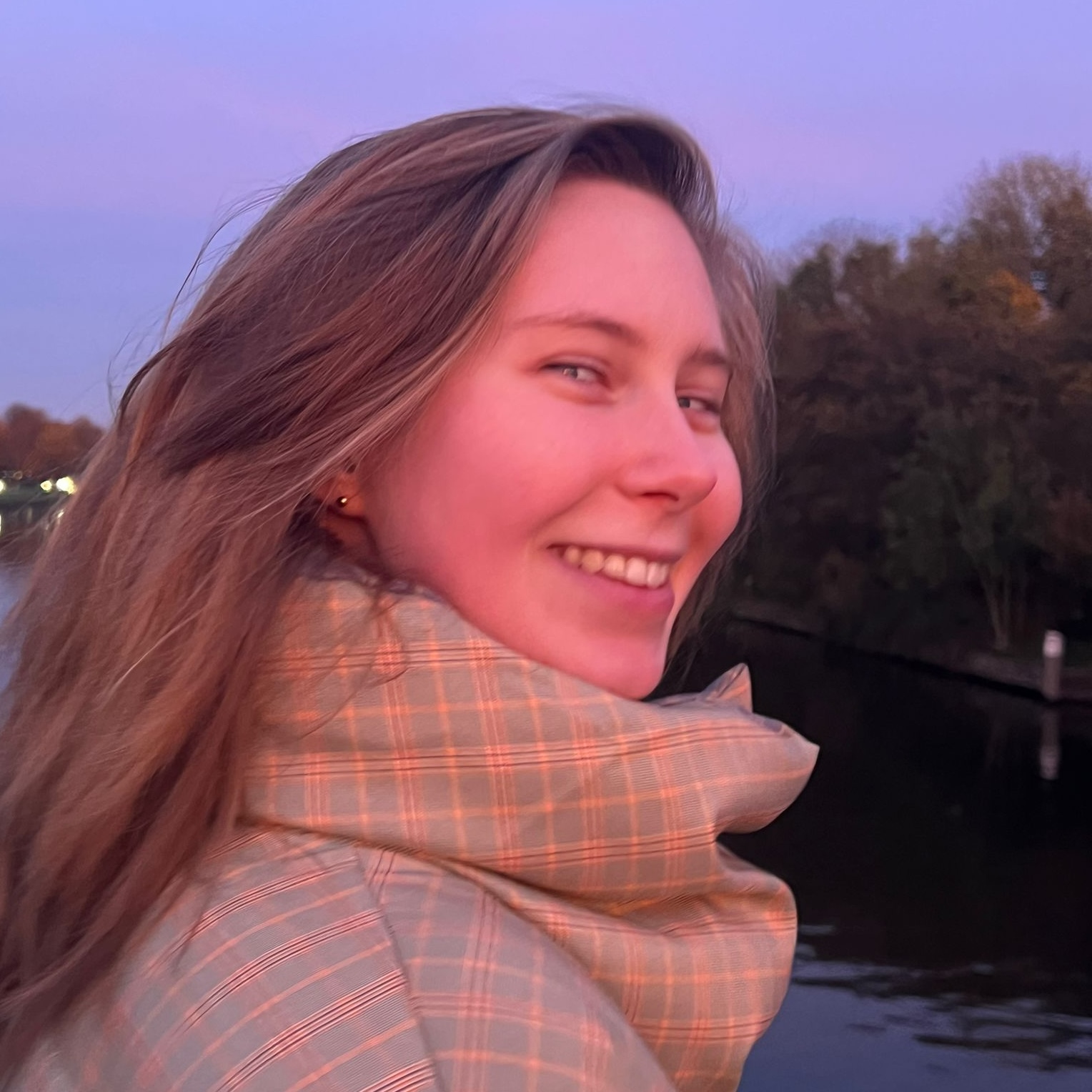
Ronja Held
PhD-candidate
Ronja obtained a Bachelor’s degree in Psychology followed by a Research Master’s degree in Social and Economic Psychology from Leiden University. Currently, she works as a PhD candidate at Utrecht University under the supervision of Ruud. Throughout her academic journey, she developed an interest in the complex dynamics within and between groups. She conducted research on factors that promote ingroup cooperation while simultaneously potentially leading to conflict with an outgroup. During this research, she became intrigued by the subconscious mechanisms underlying social phenomena such as trust. As a result, she specialized further in physiological synchrony that arises during dyadic interactions. Additionally, she developed an affinity for using economic games to study social behavior. In her current Ph.D. research, she investigates the long-term effect of the presence of an artificial agent at home on the social dynamics of families using fNIRS. In my free time, she enjoys hiking, playing tennis, and reading.
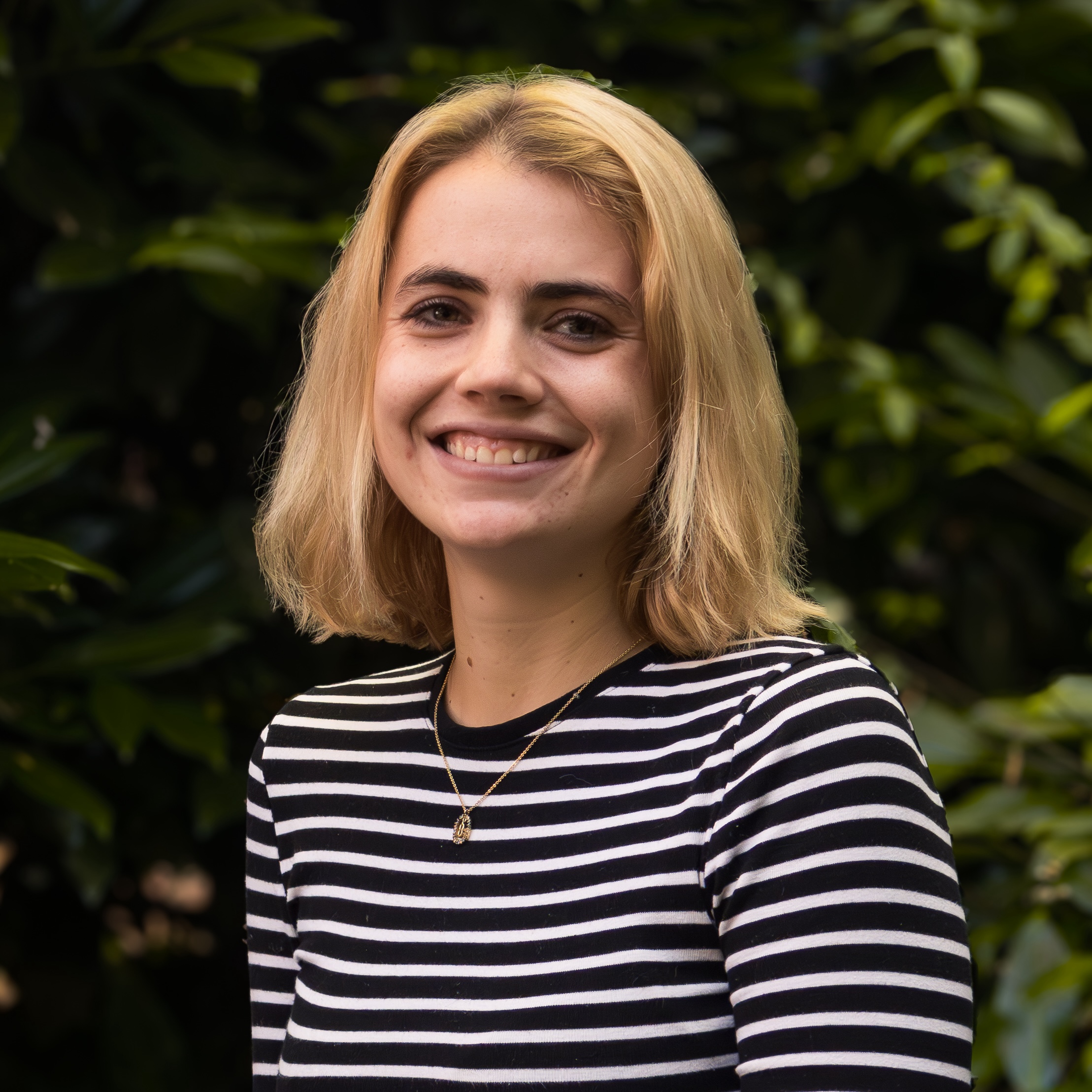
Aline Moore Lorusso
PhD-candidate
Aline is originally from Rome. But apparently for her not “all roads lead to Rome” since after high school, she decided to move away to complete a BSc in Psychology at Tilburg University and the Social and Health Psychology Research MSc at Utrecht University. Currently she is working as a PhD candidate under the supervision of Ruud and Esther Kluwer. Her interest in Psychology is manifold but she is mainly interested in social groups, their dynamics and what influences them which she is currently researching in the context of families and AI. In her free time, you will probably find her on endless walks with her dog, complaining about the Dutch weather, cooking way too much food and not knowing when to eat her leftovers.
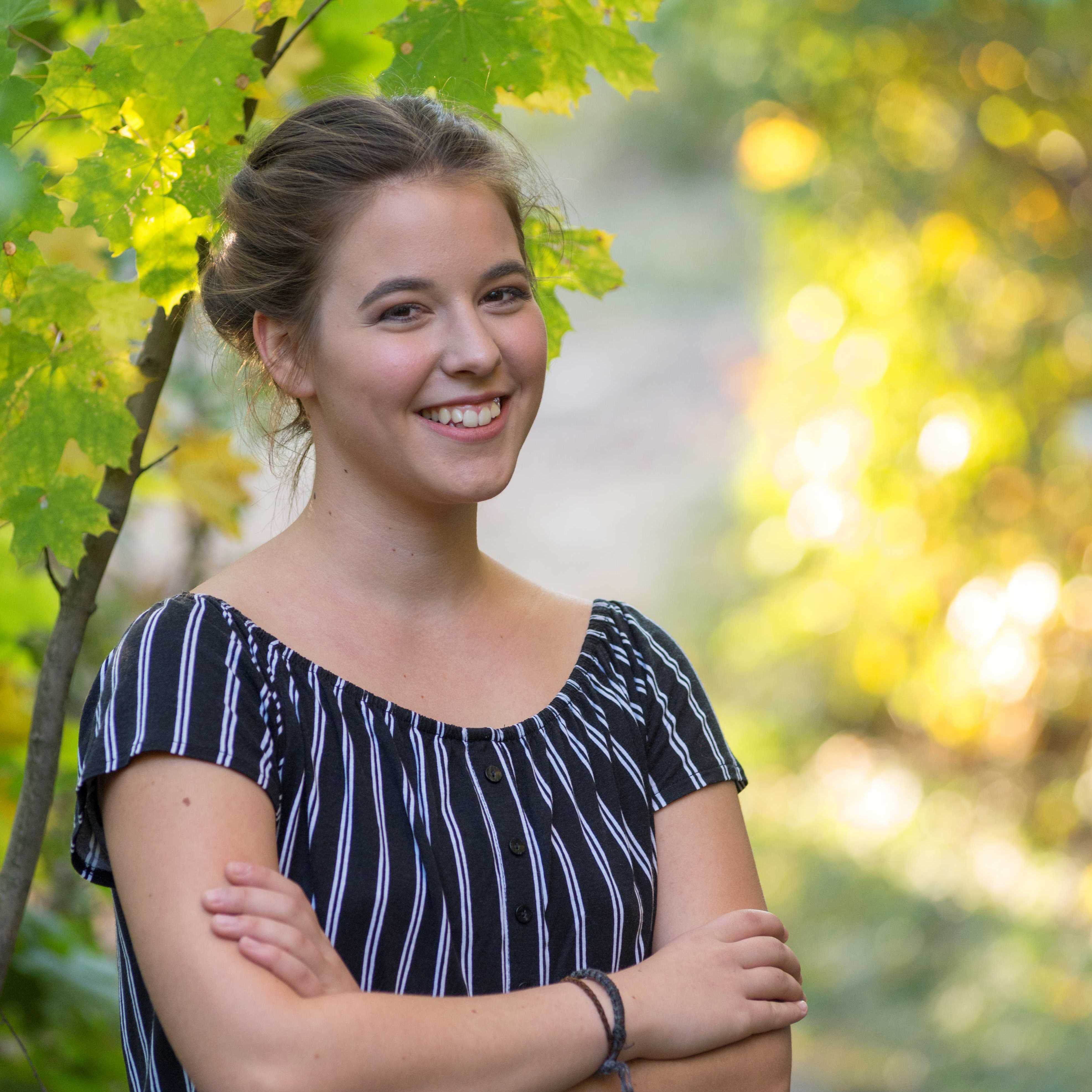
Dorka Boda
Research assistant
Dorka completed her Bachelor’s degree in Psychology in Budapest, Hungary. After obtaining her research Master’s degree in Social and Health Psychology at Utrecht University, she is now working as a research assistant. In her Master’s thesis, she investigated brain activity during real-life social interactions with animals and AI, where she developed a strong interest in the fNIRS neuroimaging technique. This project quickly became her main focus, particularly in terms of its methodology and technical aspects. This year, she is joining the fnirs4all project, which aims to create an accessible and open resource for researchers and students interested in incorporating fNIRS into their studies. Dorka is excited to combine her passion for fNIRS with her love for teaching and sharing knowledge. Outside of the lab, you’ll likely find her outdoors, either on a climbing wall or running somewhere around the city.
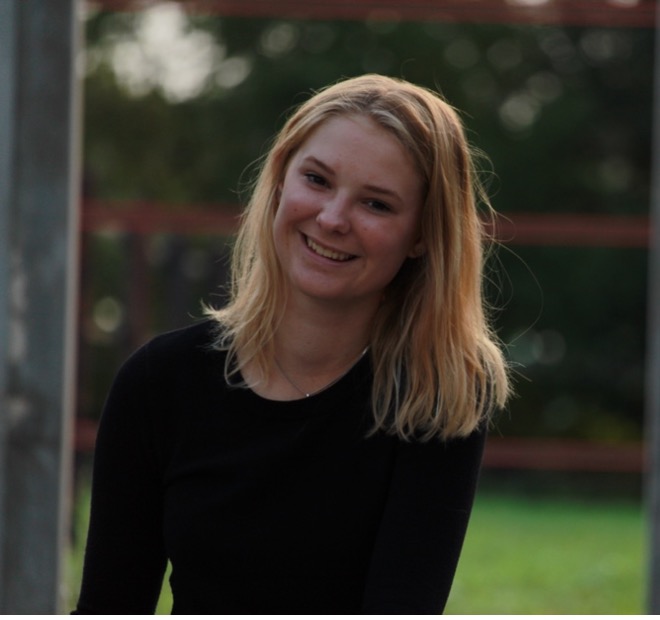
Hester van Beek
MSc student and student-assistant
Hester finished her BSc Psychology at Utrecht University and quickly realized her interest in the human brain. After doing a minor in social neuroscience and writing her thesis on theory-of-mind and social robots with the use of fNIRS, she is now pursuing her studies in the Neuroscience and Cognition MSc programme. She decided to follow her internship under Ruud’s supervision in which she is investigating cognitive and affective empathy for social robots. During her spare time, you can find her at the rowing club, painting, or at a restaurant with her friends.

Luna Walls
MSc student and student-assistant
Luna followed a BSc Psychology at Utrecht University where she mainly focused on social and neuropsychology. She developed a passion for scientific research and an interest in social neuroscientific questions. After her BSc, she enrolled in the Neuroscience and Cognition master program in Utrecht. As part of this program, she now is doing an internship under Ruud’s supervision at the Human+ lab. During her internship, she will investigate interbrain synchrony during group interaction using fNIRS. When she is not thinking of crazy impossible research ideas, she is at home playing Dungeons and Dragons with her friends, sewing, or on the couch watching a movie with a good craft beer.
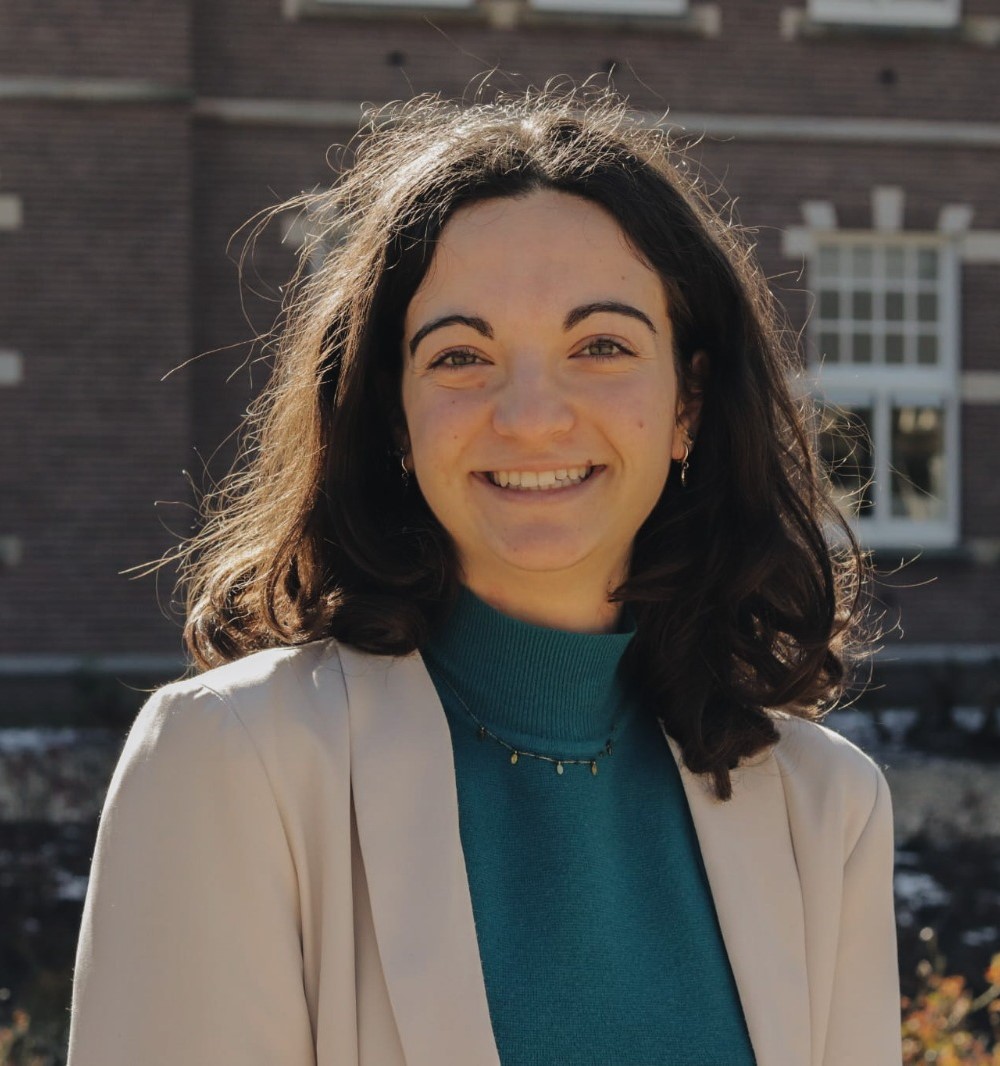
Giulia d'Angelo
Student-assistant
Giulia obtained her Bachelor’s degree at the University College of Utrecht with an interdisciplinary major in Psychology and Neuroscience. She is now continuing her studies with the Social and Health Psychology research master program. She started working with Ruud and other members of the Utrecht Young Academy on the creation of a platform providing clear and scientific answers to public’s questions about AI; the AI helpdesk. The platform is being finalized as you’re reading this and will be available online soon. In her spare time, Giulia plays volleyball, takes (many!) dance classes and loves spending time outdoors and with her friends!
Collaborators
Human+ alumni
Luca Leisten
Research assistant and MSc-student
Reciprocity during child-robot interaction
[preprint] [data and task] [preregistration]
Sarah Sobotta
DAAD RiSE intern
Decision-making during HRI
[code will be released soon]
Diana Usmanova
Social and Health Psychology MSc-student
Collective moral decision-making and digital voice assistants
Nele Och
Social and Health Psychology MSc-student
Collective decision-making and digital voice assistants
Ghislaine van den Boogerd
Artificial Intelligence MSc-student
Voice assistants at home
[preprint will be released soon]
Lukas Kraff
Artificial Intelligence BSc-student
Detection of social interaction with bayesian hierarchical and behavioural models
[stimuli and game]
Pinar Sahin
Social, Health and Organisational Psychology MSc-student
Interactions with pets, robots and virtual assistants
Emily Floren
Erasmus+ intern
Human-robot interaction and social chemosignaling
Melissa Jansen
DAAD RiSE intern
Voice assistants at home
[preprint will be released soon]
Manuel Barbosa de Oliveira
Postdoc
AI and social cognition
Zsuzsa Komáromy
Social and Health Psychology MSc-student
Attentional biases in conspiracy theory believers
[preprint will be released soon]
Quinten Stekelenburg
Artificial Intelligence MSc-student
Collective moral-decision making and social robots
